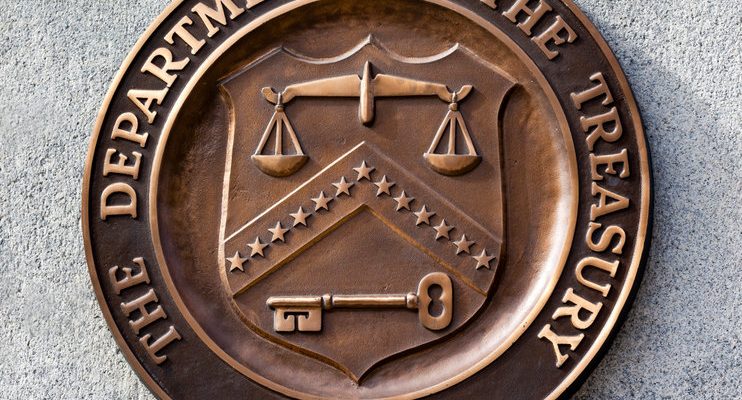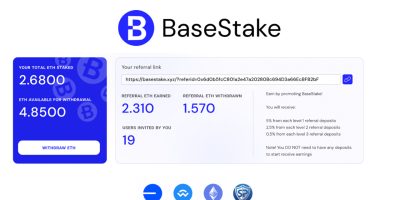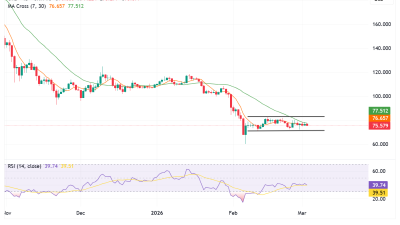The Ronin Network exploit occurred in March, during which $600 million worth of Ethereum (ETH) and $25 million worth of USDC were stolen.
The US Treasury Department’s Office of Foreign Asset Control (OFAC) has sanctioned three more Ethereum wallets linked to the recent hack on the Ronin network.
The new addresses were linked to the North Korean hacking group Lazarus, OFAC reported on Friday.
OFAC announced the addition of the three virtual currency addresses through an update to its Specially Designated Nationals (SDN) list, which was released on April 22. All three have links to the activities of the North Korean state-sponsored hacking group Lazarus Group.
In particular, the recent money movements in connection with the three wallets include proceeds from the exploit on the Ronin blockchain.
„The DPRK has relied on illegal activities such as cybercrime to generate revenue while trying to circumvent U.S. and U.N. sanctions“, tweeted the U.S. Treasury Department.
The agency has warned that transactions with the specified wallet addresses are “the Risk of U.S. sanctions.“
OFAC-listed wallet addresses “blocked”
The addition of the three wallets comes just days after the department linked the Lazarus Group to the $625 million heist.
On Friday, the original address used in the attack moved funds to different addresses using Tornado Cash – a mixing service that helps make transactions difficult to track. The Decentralized Protocol that Helps Make Ethereum Transactions Private, announced on April 15, it announced that it would block all crypto wallets added to the OFAC list.
Tornado Cash has reiterated that financial privacy “essential for safeguarding” financial freedom remains. However, data protection should not be limited to “Costs of non-compliance“ be persecuted.
In related developments, Binance has reportedly recovered $5.8 million worth of funds stolen during the hack. According to Binance CEO Changpeng Zhao, the hackers had sent the funds to 86 accounts.














Comments